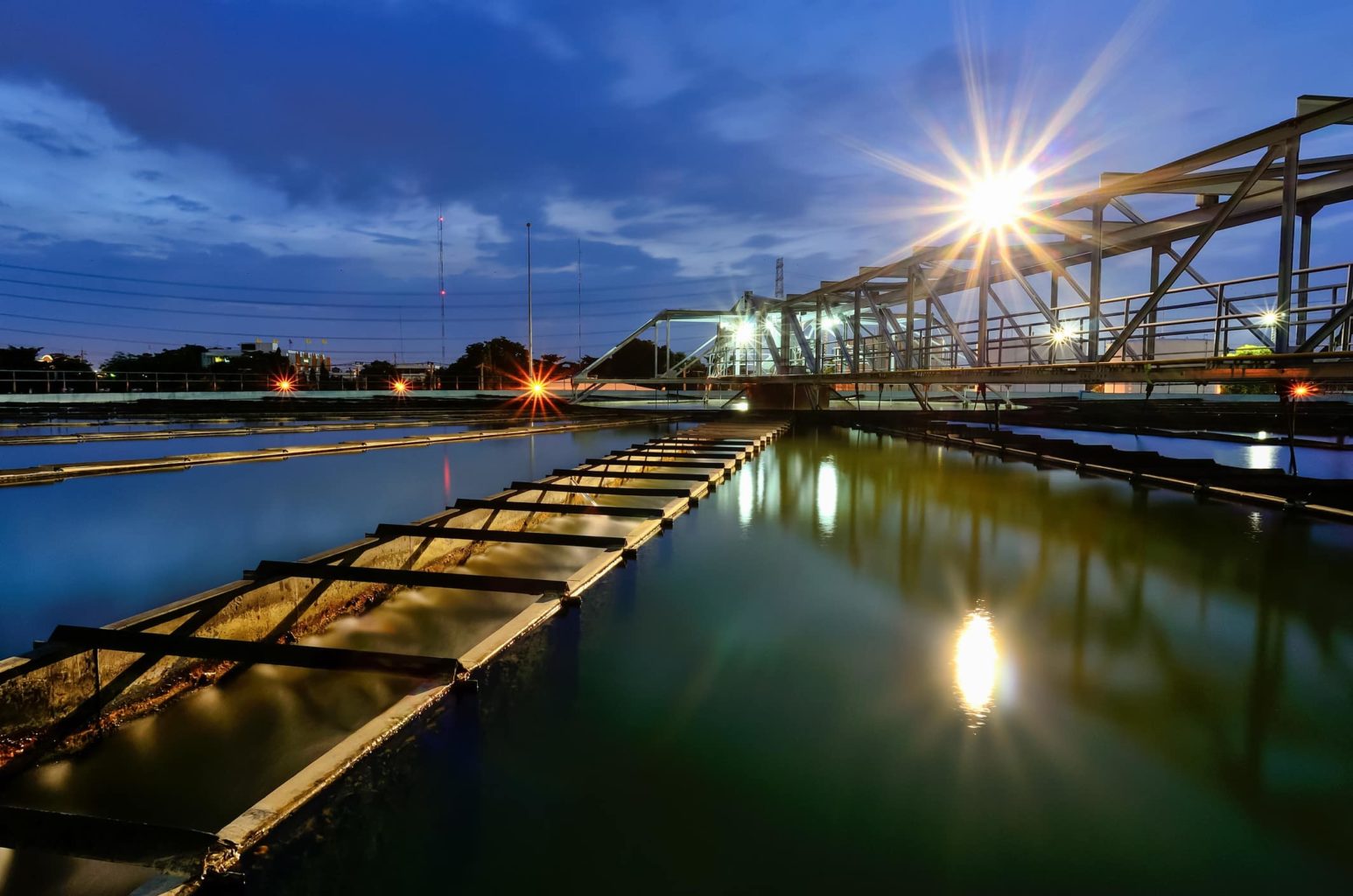The water industry faces mounting scrutiny as environmental concerns, regulatory challenges, and aging infrastructure put increasing pressure on companies to deliver sustainable solutions. With rising public dissatisfaction and a surge in prosecutions by the Environment Agency, water companies must balance regulatory compliance, climate resilience, and financial sustainability.
Is investment enough?
In response to these challenges, Ofwat has approved a record-breaking £104 billion investment under the PR24 spending framework, along with an £88 billion boost to companies’ plans for 2025–2030. While these funds aim to support the industry’s pursuit of government and regulatory targets, questions remain about whether they adequately address its most urgent issues.
Much of this funding is allocated to meet Ofwat and government mandates, leaving limited resources for tackling long-term concerns like drought resilience, infrastructure modernisation, and achieving net-zero emissions. To drive meaningful progress, Ofwat must urgently revise its regulatory framework and procedures.
Strengthening regulatory frameworks
Historically, water companies have operated under light regulatory oversight with limited incentives for meeting ambitious environmental and operational goals. Introducing more robust Outcome Delivery Incentives (ODIs) could enforce stricter requirements and promote improved performance.
Enhanced frameworks would ensure investment translates into genuine progress rather than short-term fixes. Strengthening accountability measures is also essential for rebuilding public confidence in a sector currently facing widespread distrust.
Leveraging technology
Technological innovation presents a powerful opportunity to enhance efficiency and sustainability in the water sector. Digital twinning—creating virtual replicas of water systems to test scenarios—along with demand forecasting and predictive analytics, enables companies to address leaks and spillages proactively.
Smart meters, while promising in improving efficiency, face consumer resistance. Households are often reluctant to move away from fixed-rate billing due to cost concerns. An educational campaign, supported by Ofwat and government bodies, could alleviate fears and promote widespread adoption, ultimately streamlining water management.
Addressing aging infrastructure
The UK’s water infrastructure, much of it originating in the Victorian era, struggles to meet modern demands. While the investment package includes funding for upgrades, the scale of the challenge necessitates further action.
The government has earmarked £7.9 billion for the construction of nine new reservoirs, including a major facility near Abingdon. However, addressing aging pipelines, sewage systems, and flood prevention measures will require sustained investment and a skilled workforce.
One roadblock may be the limited pool of contractors experienced in water infrastructure projects. Revised procurement processes under the Procurement Act 2023, including a new competitive flexible procedure, could encourage broader participation, fostering innovation and competition.
Collaboration across sectors
Addressing the water industry’s challenges demands collaboration across industries. For instance, partnering with the agricultural sector to manage nitrate levels in water sources through sustainable farming practices could yield significant benefits.
Water companies could also assume a stronger role in urban planning, advocating for sustainable drainage systems like semi-permeable paving to reduce flood risks. Greater involvement in planning decisions would ensure developments prioritise long-term sustainability.
The Ofwat Innovation Fund has already allocated over £150 million to 93 projects tackling issues like flood prevention and pipe repair. Expanding such initiatives would encourage knowledge-sharing and innovation throughout the sector.
Encouraging knowledge sharing
Creating a centralised data hub could revolutionise decision-making by providing access to real-time information on water sources and environmental conditions. Public access to part of this hub could foster a sense of community ownership, with simple guidance (e.g., fixing a dripping tap) showcasing the environmental and financial benefits of proactive water management.
The need for a holistic approach
While unprecedented financial support has been pledged, investment alone will not overcome the water industry’s deep-rooted challenges. Regulatory reform, technological advancements, infrastructure modernisation, and cross-sector collaboration are crucial to ensuring a sustainable future.
Water companies cannot address these challenges in isolation. Coordinated efforts from regulators, government bodies, businesses, and consumers are essential to achieving long-term resilience and sustainability.
How we can help
Navigating evolving regulations and heightened scrutiny on environmental compliance requires expert legal guidance. Our team specialise in regulatory requirements, infrastructure projects, and procurement processes, helping companies remain compliant and optimise operations.
Get in touch with our legal experts today to discuss how we can support your business in adapting to the changing landscape of the water industry.








